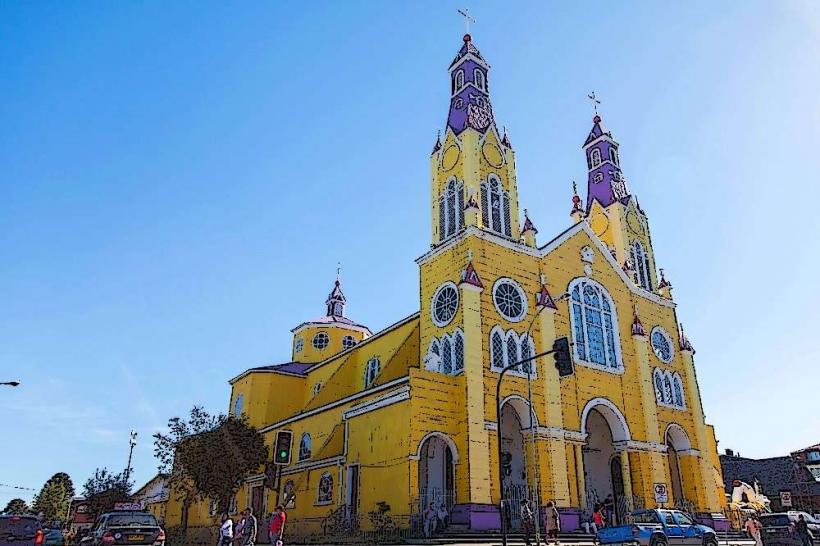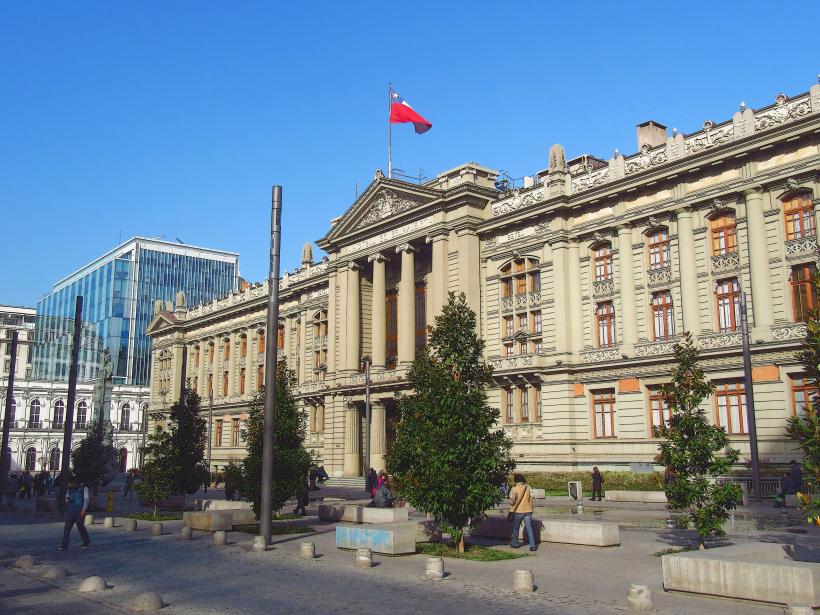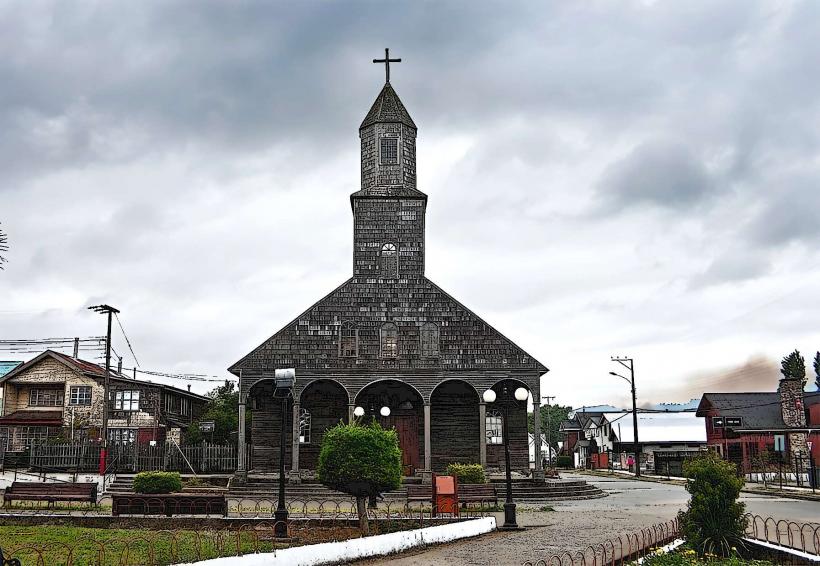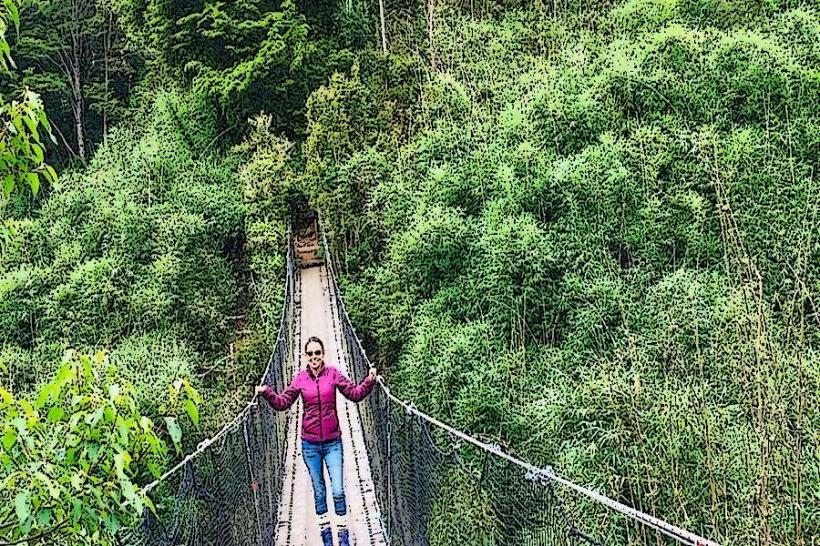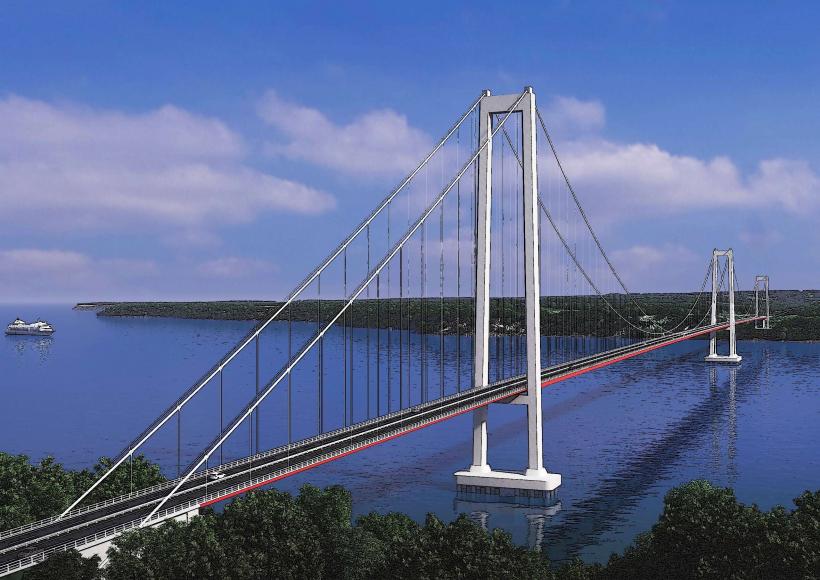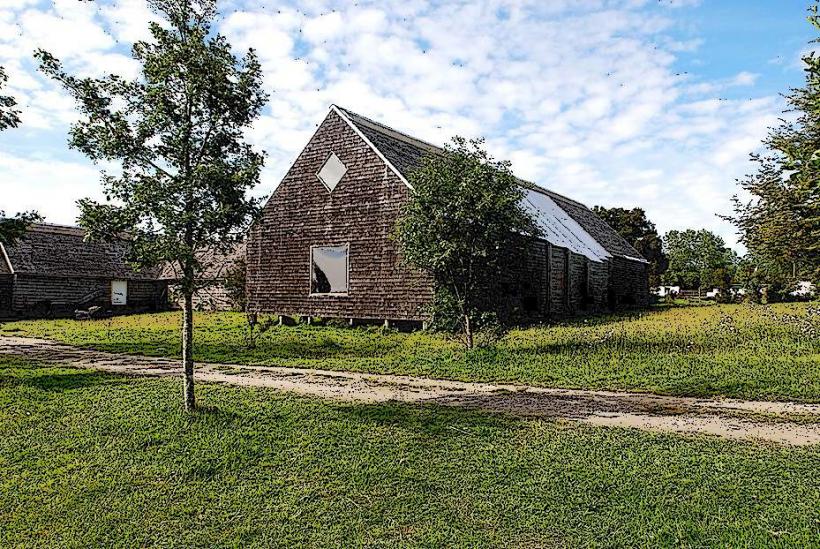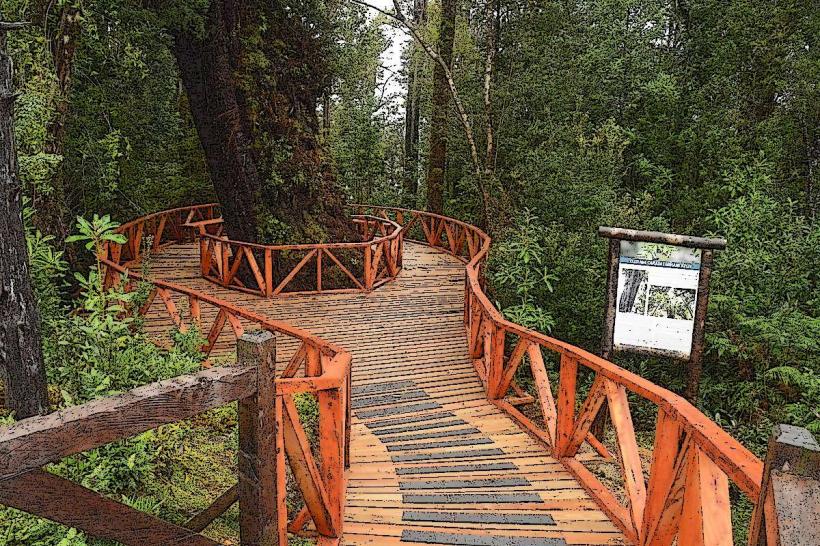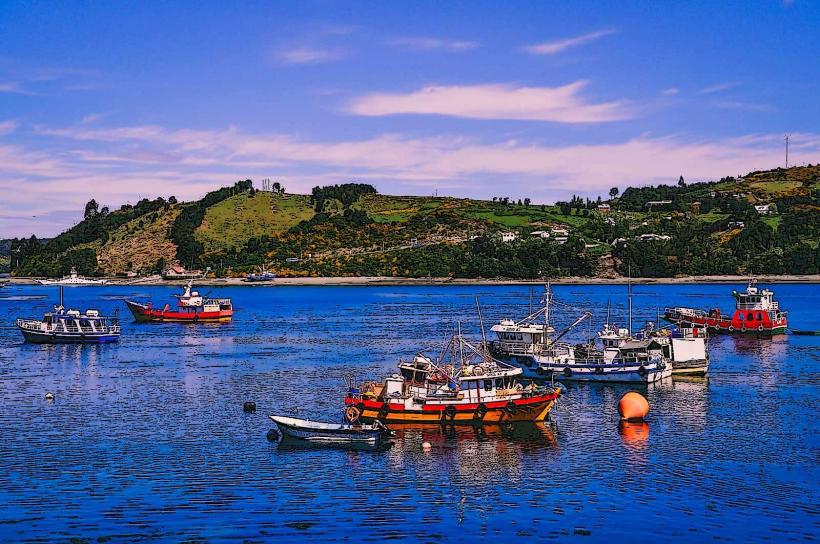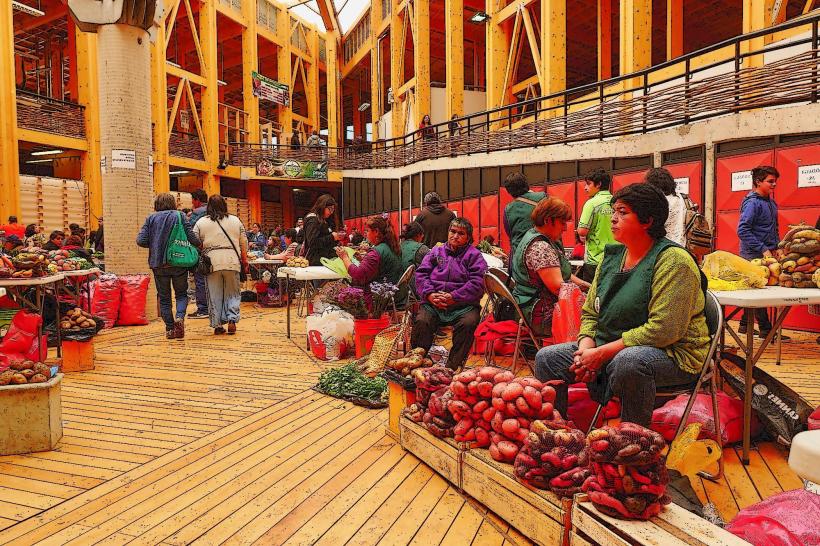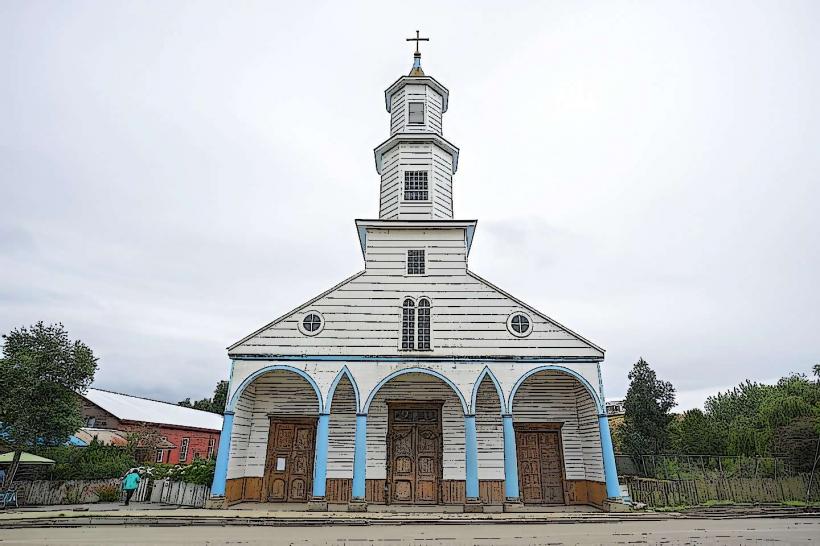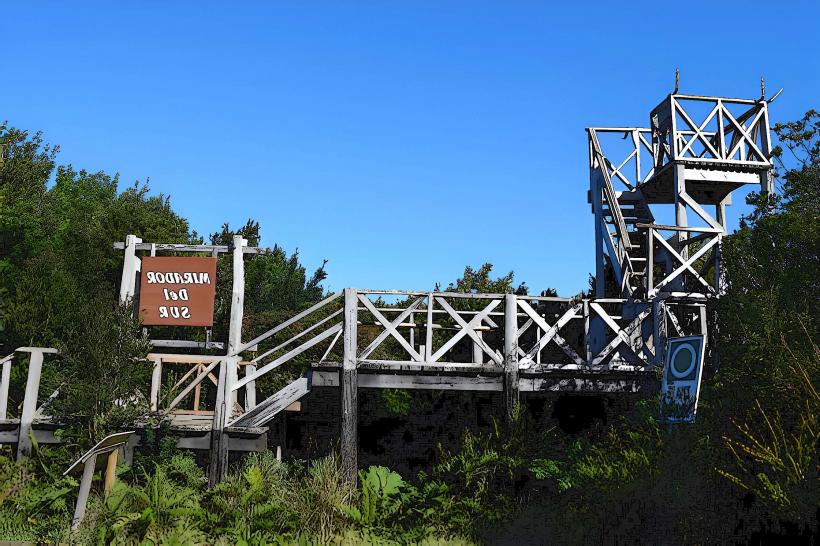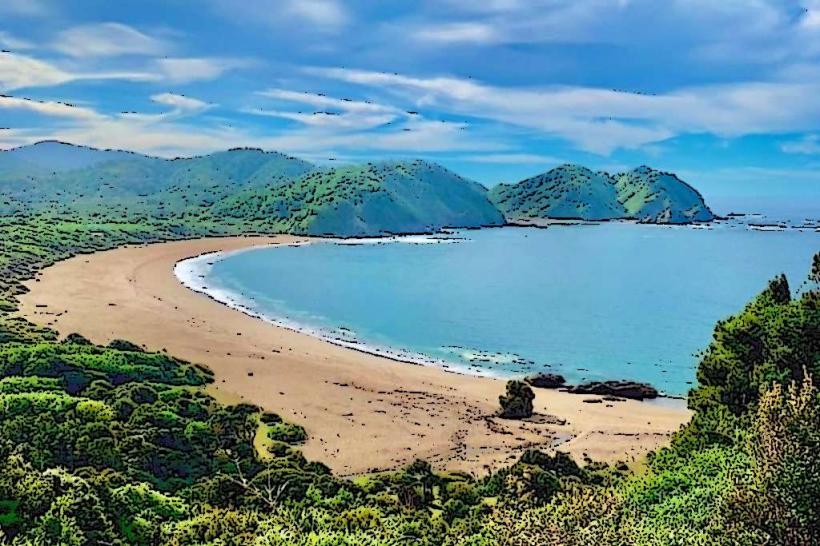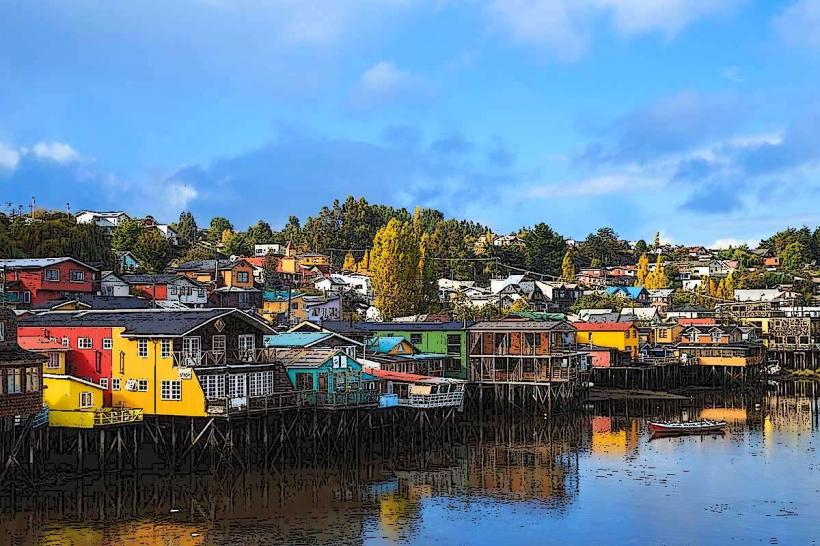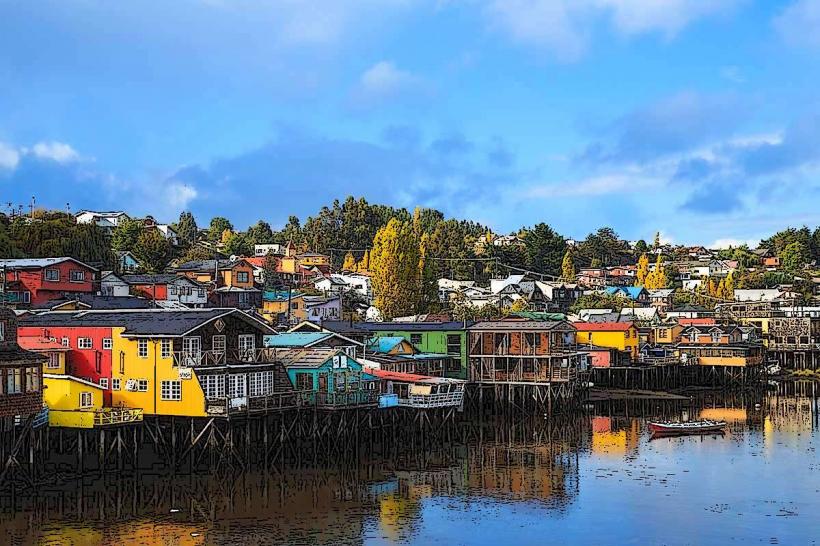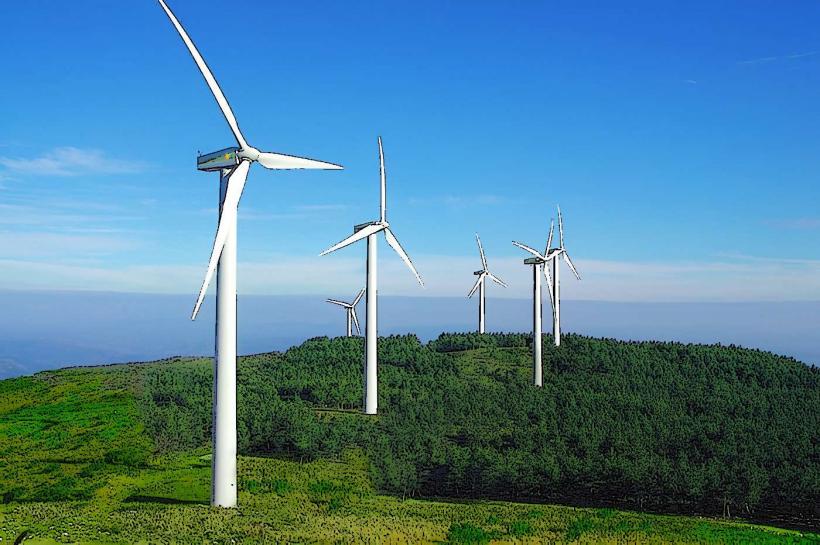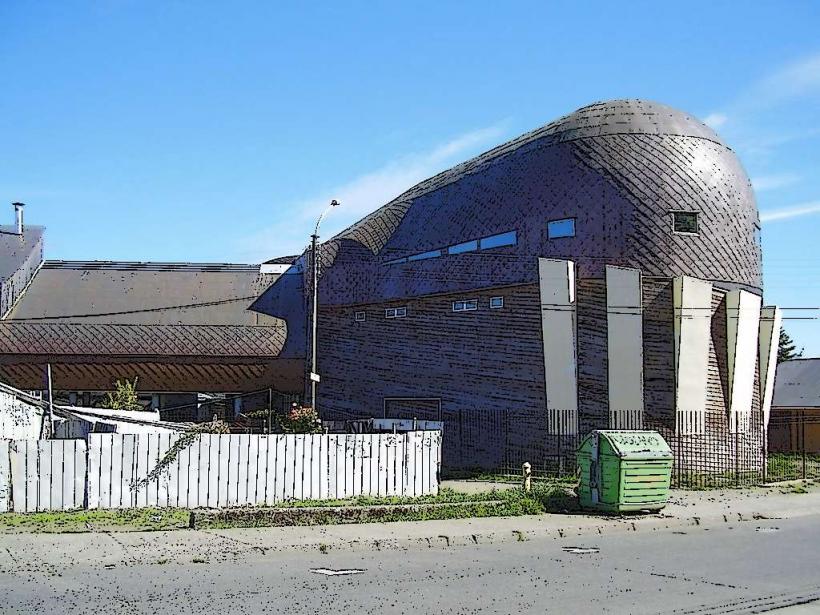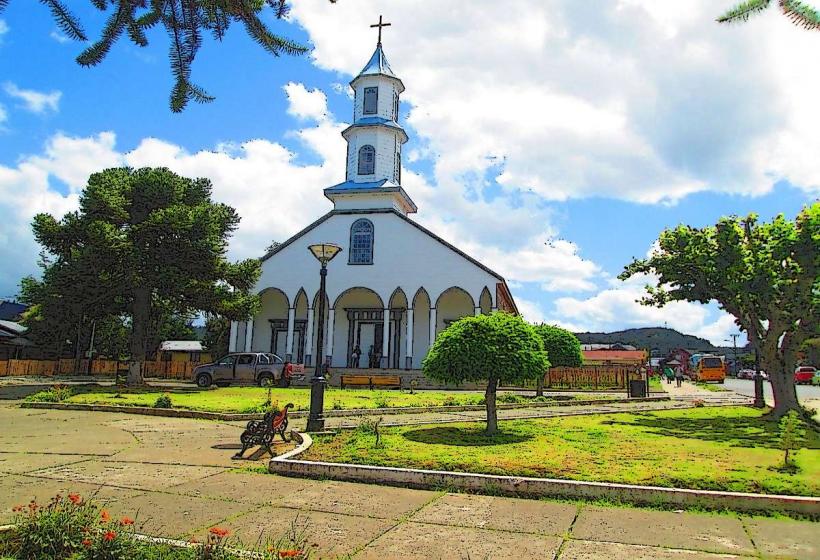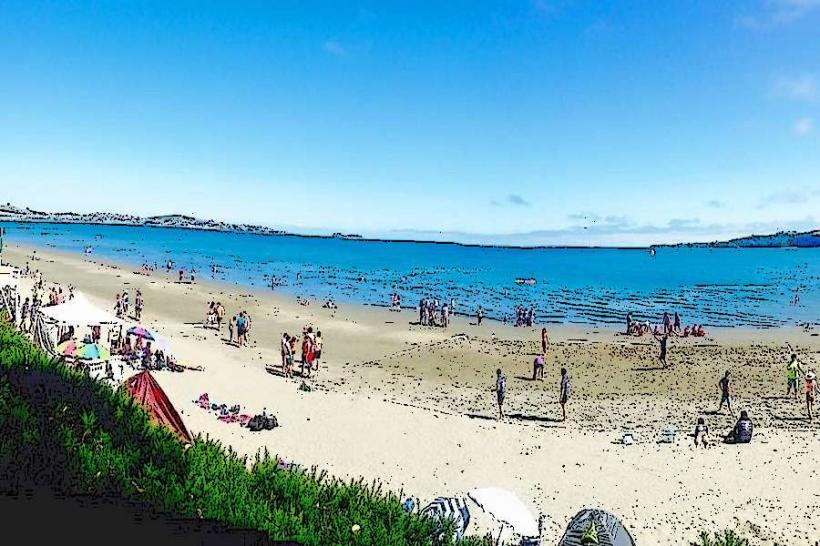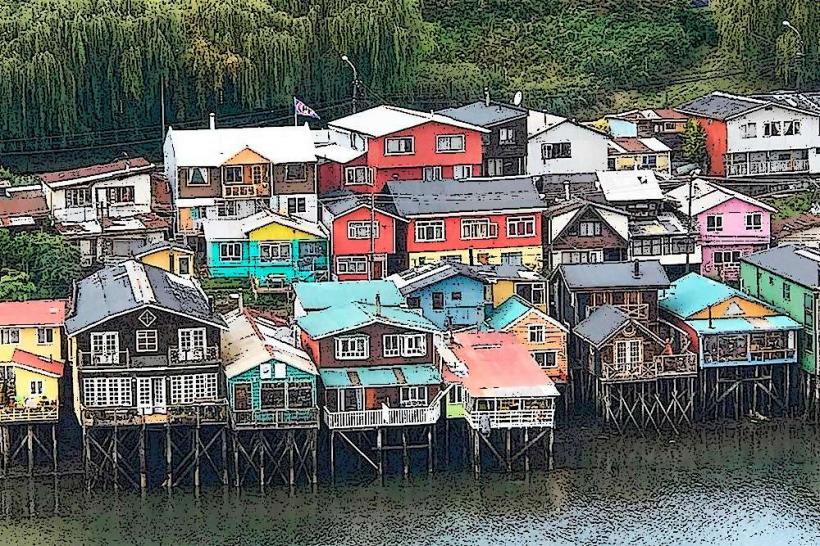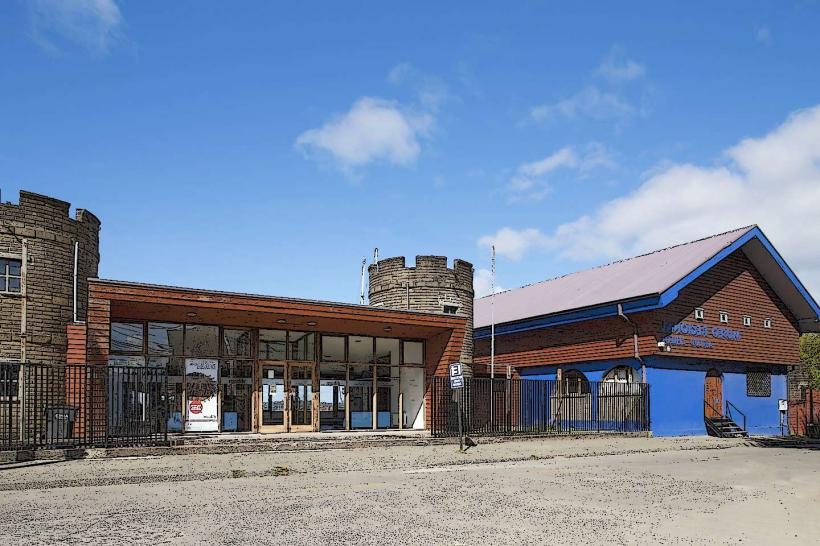Information
Landmark: Isla QuinchaoCity: Chiloe
Country: Chile
Continent: South America
Isla Quinchao, Chiloe, Chile, South America
Isla Quinchao: A Detailed Overview
Isla Quinchao is one of the largest islands in the Chiloé Archipelago, located in southern Chile. It is known for its picturesque landscapes, rich Chilote culture, traditional wooden churches, and strong fishing and agricultural traditions.
1. General Information
- Location: Los Lagos Region, Chile
- Size: Approx. 120 km² (46 sq mi)
- Population: Around 9,000 inhabitants (varies seasonally)
- Main Towns: Achao (largest town), Curaco de Vélez, and other smaller villages
2. History & Culture
The island has deep indigenous and colonial influences, particularly from the Huilliche people and the Spanish Jesuits who arrived in the 17th century. It is famous for its Chilote traditions, which include mythology, music, and religious festivals.
One of the most notable aspects of Isla Quinchao’s cultural heritage is its traditional wooden churches, some of which are UNESCO World Heritage Sites. These churches are an example of mestizo (Spanish-indigenous) architecture unique to Chiloé.
3. Main Attractions
a) Achao
- The largest town on Isla Quinchao, it serves as the island’s cultural and economic center.
- Iglesia Santa María de Loreto de Achao – Built in 1730, this is Chiloé’s oldest church and a UNESCO World Heritage Site.
b) Curaco de Vélez
- A picturesque town with colorful wooden houses and fishing boats.
- Home to the Iglesia de Curaco de Vélez, another traditional wooden church.
- Offers great seafood restaurants and stunning views of the surrounding archipelago.
c) Festival of Jesus Nazareno in Quinchao
- One of the most important religious events in Chiloé, held in September at the Church of Jesus Nazareno in Quinchao village.
- Thousands of pilgrims visit the island to participate in religious ceremonies and traditional celebrations.
d) Natural Landscapes & Outdoor Activities
- Hiking & Nature Walks – The island features rolling green hills, coastal cliffs, and stunning ocean views.
- Birdwatching – A paradise for bird enthusiasts, Isla Quinchao is home to flamingos, black-necked swans, and other migratory birds.
- Fishing & Shellfish Harvesting – The island has a long history of fishing, and visitors can enjoy fresh curanto, a traditional Chilote dish made with seafood, meat, and potatoes cooked underground.
4. How to Get There
- Isla Quinchao is easily accessible from Chiloé’s main island via a short ferry ride from Dalcahue to the town of Curaco de Vélez.
- The ferry operates regularly and takes about 5-10 minutes to cross.
- Visitors can reach Dalcahue by car or bus from Castro, the capital of Chiloé.
5. Best Time to Visit
- Summer (December–March) – Best weather, festivals, and outdoor activities.
- Spring & Autumn – Fewer tourists, beautiful landscapes.
- Winter (June–August) – Quiet, but can be rainy and windy.
6. Local Cuisine
- Curanto – A traditional Chilote seafood and meat stew.
- Milcao & Chapalele – Potato-based dumplings often served with curanto.
- Fresh seafood – Mussels, clams, and locally caught fish.
Final Thoughts
Isla Quinchao is a must-visit for those exploring the Chiloé Archipelago. Whether you're interested in history, culture, religious festivals, or stunning natural landscapes, the island offers a unique and authentic Chilote experience.

